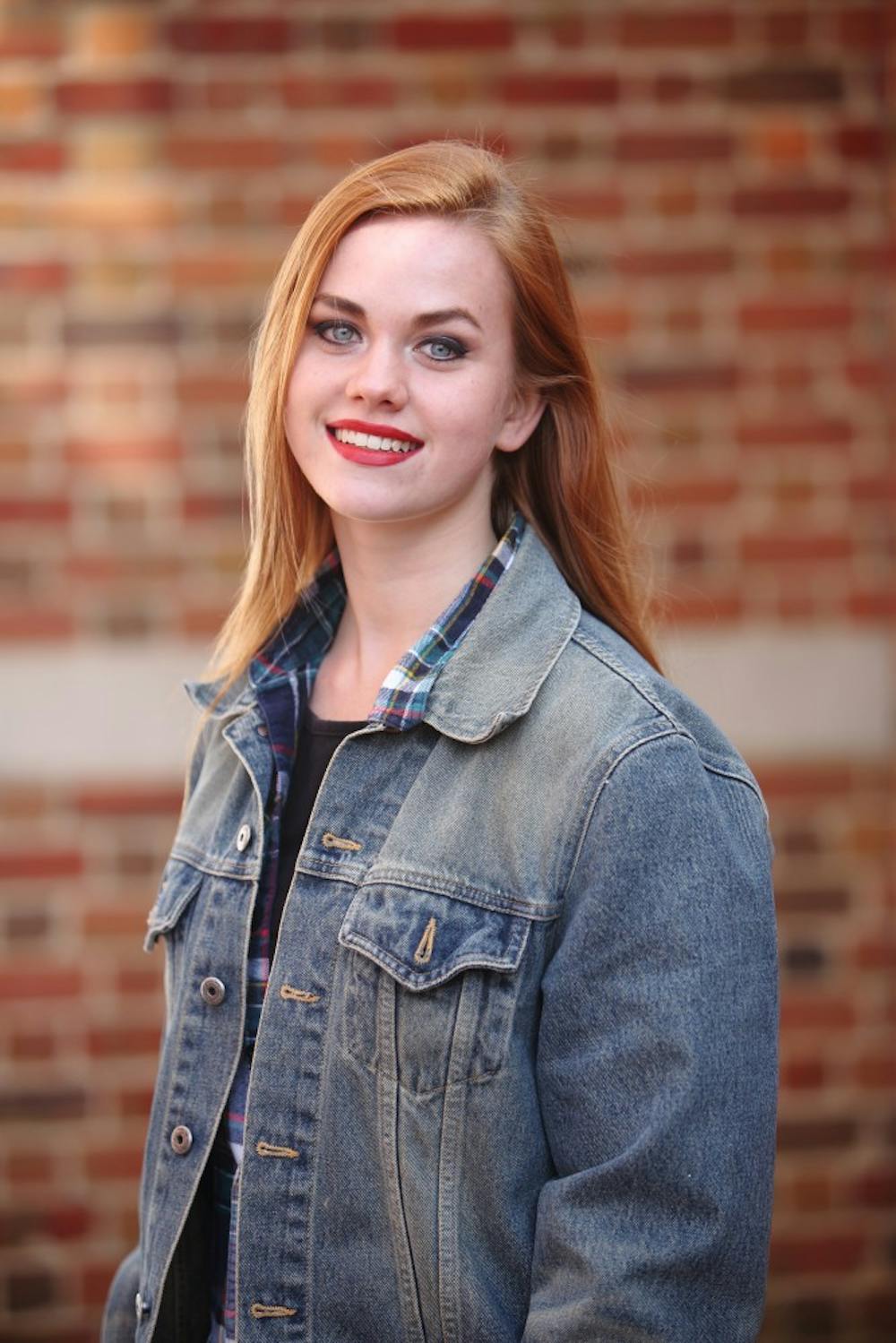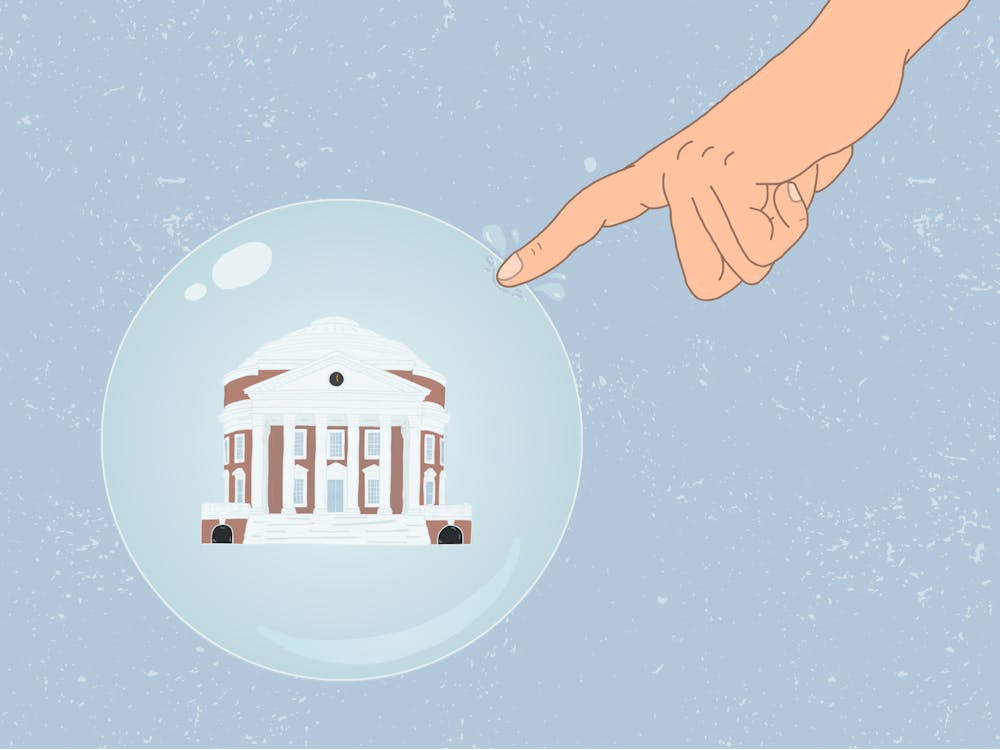You and I are both going to need a little metaphorical foreplay before I tell this story.
Hurricanes show up so often in Florida that you’d think the Sunshine State owes them money. They knock everything around then leave, littering every strip mall and bleached coral one-story house with displaced palm fronds, drywall and Taco Bell wrappers. A fecund smell lingers for the next week as neighbors emerge from their cardboard-covered homes to clean up the mess left in their yards.
After every storm, my Dad and I would drive all the resulting debris to the St. Petersburg dump in his flatbed trailer, going West down I-275, 20 miles under the speed limit. You can’t move fast towing a heavy trailer behind you. Every time, like clockwork, some sunburnt guy with wrap-around sunglasses — probably named Randy or Ray or Rex — would speed past in a scuffed-up Dodge Ram covered in “SALT LIFE” and “Bush-Cheney” bumper stickers, honking his horn to the high heavens and yelling about how slowly we were going. My Dad didn’t care, though. He loved and still loves that trailer.
“When you’re dragging something big behind you, it doesn’t matter how fast you go,” he would say. “It’s just satisfying to know you’re moving it all forward.”
Now, don’t get me wrong — I love me a good utility trailer. Nothing gets me going like some treated lumber floorboards. Throw in a nice ramp gate and oh, baby. But unfortunately, this story isn’t about utility trailers or hurricanes or even men named Randy.
I came to college towing about three years of anorexia nervosa down Route 29. I won’t delve into those years. Just imagine “Black Swan,” but without all the fun, sexy times with Mila Kunis. Or more accurately, it was like if you made a psychological thriller, but non-fat Chobani and celery were bankrolling the project, so you had to include a bunch of product placement shots of your protagonist desperately searching for that fruit-on-the-bottom like a malnourished Nick Cage in “National Treasure.”
Nonetheless, it had gone into partial remission during my first semester here — strapped down just well enough, as I moved through the fall of 2016. It was fine. I could work with that. It was like the food at Newcomb or low-rate jokes about the food at Newcomb — not ideal, but sometimes you take what you can get. A little over a year ago, however, I relapsed.
That’s what I’d like to talk about. Relapse and recovery as a college student are profoundly different experiences to have on your own. When you’re relatively new-in-town, it can feel like you don’t have a support system. No one monitors your eating and the few people who do notice your generous spinach intake tend to good-naturedly applaud how healthy you seem. Maybe you consider hitting up CAPS one afternoon, but you might just go to the AFC instead. In my own case, I don’t think anyone noticed. I finished off my first year back in the familiar routines of anorexia.
Oddly enough, it was only when I returned to grounds seven months ago that I recovered. It was a real recovery this time, not a run-twice-a-day-count-the-calories-in-a-yogurt-wish-I-look-more-like-high-fashion-Gumby-but-I’m-good-now-Mom-back-off kind of recovery that characterized many of my earlier attempts.
There are just as many complicated reasons why people recover as there are personal factors that precipitate the disorder. I don’t pretend to understand any of them, but I can say from my own experience that feeling comfortable in your own physical space is essential to recovery. It’s critical to tell someone — anyone — if you feel like you might be experiencing an eating disorder. Everyone has bad days, but it’s important to remember that your body’s not the one and only measure of your worth or some larger manifestation of your every flaw to control and punish. Your body is just a body, and ya’ know what? I think it’s marvelous!
My experience isn’t uncommon. According to a study on eating disorders in college, 13.5 percent of undergraduate females and 3.6 percent of undergraduate males suffer from such disorders. Plenty of people at this University are probably going through the same thing I did. I figure it’s time we talk about it.
I wrote this little show-and-tell because maybe it can help just one person get to a better place. Help just one person progress to the point where they can feel the fullness in their belly and not detest it. To enjoy the satisfaction of every morsel — not calorie — consumed that day. To free up some mental space for new, gentler thoughts. It’s a very particular brand of happiness. A slowly satisfying improvement. Because when you’re pulling something big behind you, it doesn’t matter if you’re going fast. It’s enough to know you’re moving forward.







